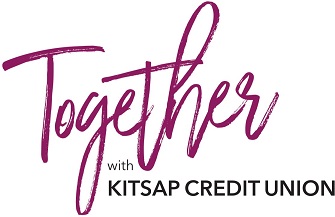Add your child as an authorized user to your credit card and pay the bill on time. When your child becomes 18, they will have already have a head start. This can create a great credit score and will create an advantage when they start their adult financial life. Read below for other tips on how to build your child’s credit and your child’s credit score.
Teach Kids Early
Developing good money habits by educating your child can start as early as 3 years old. You can begin with exchanging money for household chores and then discuss how the money is to be distributed. Provide them the fundamentals of how to create a budget that includes spending, saving, investing, and donating. Once you add your child as an authorized user, point out the crucial steps of maintaining good credit. This could include paying your bills on time, spending below your means, and avoiding opening more accounts than you can manage.
Teach the Difference Between a Debit Card and a Credit Card
Teach your child the difference between a debit card and a credit card. A debit card is basically cash, whereas a credit card is borrowed money. Explain that a debit card does not build credit but is critical when learning to budget. It teaches them that the money in the account is finite.
Co-sign a Loan or Lease
Payments on installment loans, like auto or student loans, make up 10% of your credit score. By co-signing a loan or a lease, your child can begin establishing installment loan credit history as young as 16 years old.
Report all forms of Credit
Once 18, your child can open a cell phone account and can even put a utility account in their name. This payment history will be added to your child’s credit history, adding to the data considered when their credit score is determined.






